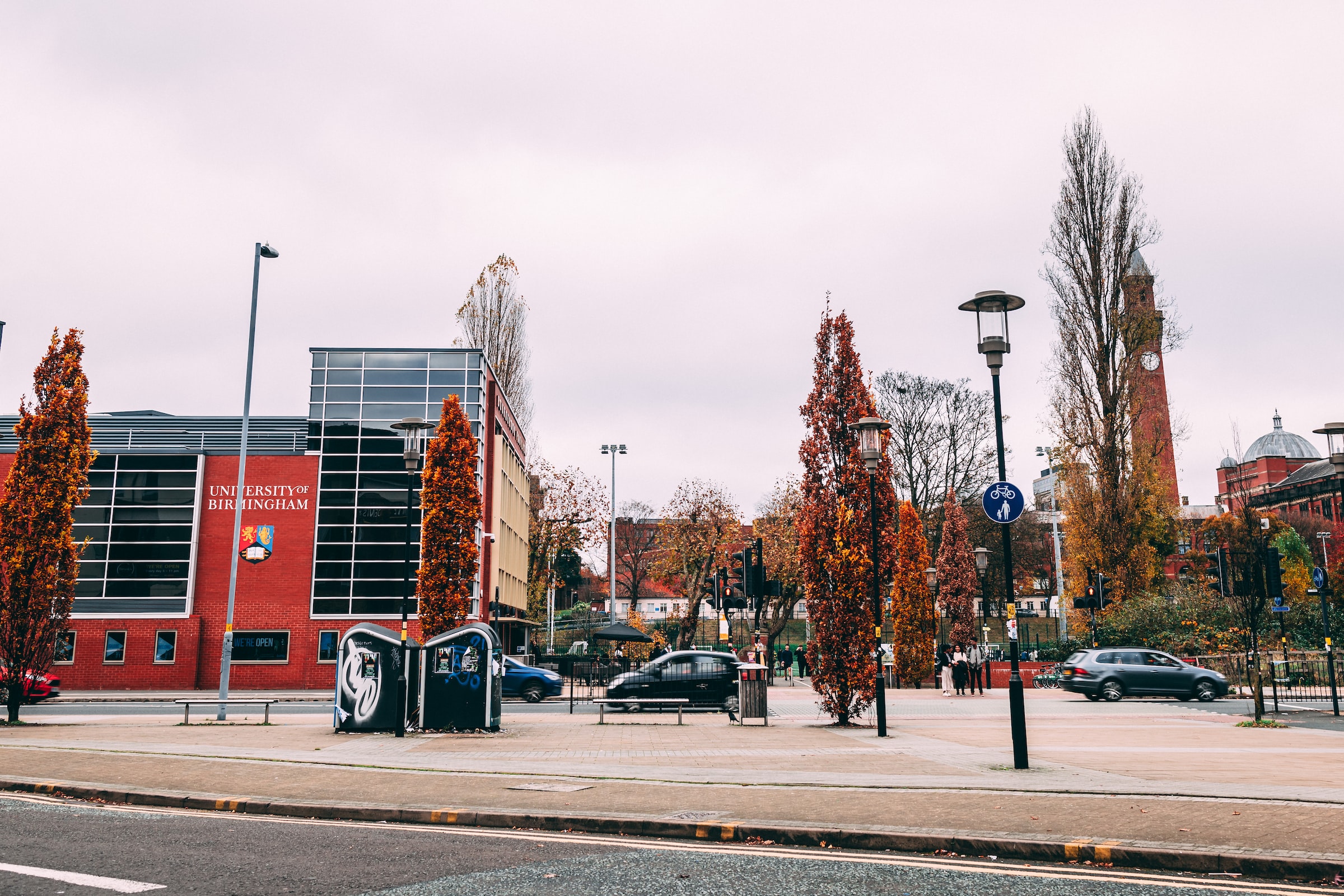
Culture Editor Luca Demetriou provides a comprehensive reading list for all to unlearn racism, and become actively anti-racist – we all need to start somewhere
Freedom is a Constant Struggle, Angela Davis
World-renowned political activist, philosopher and author Angela Davis reveals the connections between state violence and oppression through international solidarities. Charting the legacies of protest and liberation struggles of the Black Freedom Movement and Anti-Apartheid movement, Davis analyses contemporary struggles against state terror, from Ferguson to Palestine. The running thread in this text centres the importance of international solidarities in combatting state violence. Seemingly disparate social movements across the globe, in fact, share deep and meaningful connections and exchanges that enable them to help one another in the fight for liberation.

Why I’m No Longer Talking to White People About Race, Reni Eddo-Lodge
In this searing and necessary exploration of race, Eddo-Lodge unpicks the insidious nature of white privilege, tracing British histories of slavery, lynchings and police brutality to expose the systematic racism prevalent in a supposedly respectable society.
Expanded from her 2014 blog post, Eddo-Lodge writes: I’m no longer engaging with white people on the topic of race. Not all white people, just the vast majority who refuse to accept the existence of structural racism and its symptoms. I can no longer engage with the gulf of an emotional disconnect that white people display when a person of colour articulates their experience. You can see their eyes shut down and harden. It’s like treacle is poured into their ears, blocking up their ear canals. It’s like they can no longer hear us.
This emotional disconnect is the conclusion of living a life oblivious to the fact that their skin colour is the norm and all others deviate from it.
Salvage The Bones, Jesmyn Ward
Rather, the biopolitical choices of the State in response to crisis mark decisions about who gets to live and who is left to die.
In this turbulent story, matters of race collide with crisis as natural disaster hits a working-class black family in Mississippi as they prepare for Hurricane Katrina. Following the aftermath of the storm and the biopolitical consequences of a neoliberal state, Ward evokes what many environmental geographers maintain: that there is no such thing as natural disaster. Rather, the biopolitical choices of the State in response to crisis mark decisions about who gets to live and who is left to die. The causes, vulnerability, preparedness, response and reconstruction become the contours of disaster that shape lives and livelihoods. Salvage the Bones becomes alarmingly relevant during this pandemic as the BAME COVID-19 risk report reveals.
Surge, Jay Bernard
Like many of these texts, Surge sits within a wider history that connects deeply to contemporary issues. Exploring archives of black radical history at the Padmore Institute, Bernard interrogates tensions between public narration and private truths in response to the New Cross Fire in 1981, set against the backdrop of Grenfell Tower Tragedy and the Windrush Scandal. Narrating the voices of those in the New Cross Fire, Bernard unveils racism at its institutional and personal levels as it terrifyingly mirrors the Grenfell Tragedy.
The Fire Next Time, James Baldwin
James Baldwin was a prolific writer and activist whose legacy remains potent still today. He is a must-read author. Baldwin’s writing explores the complexities of race, class and sex, galvanising momentum to give voice to the emerging Civil Rights Movement. The Fire Next Time takes the form of two essays, one written to his 14-year-old nephew about race as an immutable force in American History. The other essay concerns how religion and race meet, focusing on his relationship to Christianity, and the role of Islam in Harlem. Baldwin also explores religion and race in his (semi-autobiographical) novel Go Tell It on a Mountain, presenting with a lyrical precision the violent ways religion can become a source of repression and moral hypocrisy.
The New Jim Crow: Mass Incarceration in the Age of Colorblindness, Michelle Alexander
This book is central for readings in anti-racism. Although distressing, Michelle Alexander, a civil rights litigator and legal scholar, exposes the US Justice system as corrupt, racist and the successor to the Jim Crow laws that ravaged and continue to ravage black communities. With a deft blow, Alexander outlines how Reagan’s administration used hysteria surrounding the War on Drugs to exploit and incarcerate black populations – creating metonymy between ‘black’ and ‘crime’ as interchangeable. The force of this is still affecting black people today. Make no mistake, Alexander does not leave space for democrats and black leaders to escape her discussion, as she criticises the fantasy of a post-racial society. Alexander alerts us to the ways that racial systems, such as the Jim Crow, have adapted and persisted, to exist still today in a new and sinister form.
Your Silence Will Not Protect You, Audre Lorde
The widely circulated quote ‘Your Silence Will Not Protect You’ was brought into conception by Audre Lorde, among others, such as: ‘The master’s tools will never dismantle the master’s house’ ; and ‘I am not free while any woman is unfree, even when her shackles are very different from my own. And I am not free as long as one person of colour remains chained.’ Your Silence Will Not Protect You is a collection of essays and poems, with a preface by Reni Eddo-Lodge and introduction by Sara Ahmed (another author I recommend passionately). Lorde posits a politics in which we transform our silence into action and language, she argues that because racism and sexism take lives, the cost of not speaking out is always too high and will always outweigh the cost of not speaking out. Lorde’s writing more generally is also worth a read as she writes with a poetic clarity and asks: ‘What are the words you do not yet have? What do you need to say? What are the tyrannies you swallow day by day and attempt to make your own, until you will sicken and die of them, still in silence?’.

How to Be Antiracist, Ibrahm X Kendi
The fiercely simplistic argument that professor Ibrahm X Kendi puts forward is this: ideas, actions and policies are either racist or anti-racist. Neutrality is not an option. And people fall into either category depending on the action, idea or policies they support. Kendi dispels assumptions that give power to the idea of being ‘not racist.’ Using his personal experiences, as well as navigating his argument through different lenses such as gender, sexuality and space, Kendi seeks to undo assimilationist thinking and undo the glamorisation of poverty as ‘authentic blackness.’ This ‘How To’ book is one we can all benefit from reading and engaging with.
More books we recommend:
Fatal Invention: How Science, Politics and Big Business Re-Create Race in The Twenty First Century, Dorothy Roberts
How We Get Free: Black Feminism and the Combahee River Collective
Beloved and The Bluest Eye, Toni Morrison
Girl Woman Other, Bernadine Evaristo
The End of Policing, Alex Vitale
What to watch:
Charlottesville: Race and Terror – VICE News Tonight on HBO
The Black Mixtape 1967-75 (2011)
Our recommended reading list for further knowledge on protest, grief and assembly.
Precarious Life: The Powers of Mourning and Violence, Judith Butler
Notes Toward a Performative Theory of Assembly, Judith Butler
Rebel Cities: From the Right to the City and the Urban Revolution, David Harvie
More from Redbrick on this topic:

Comments